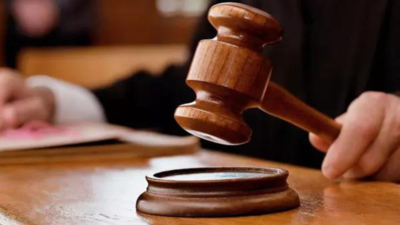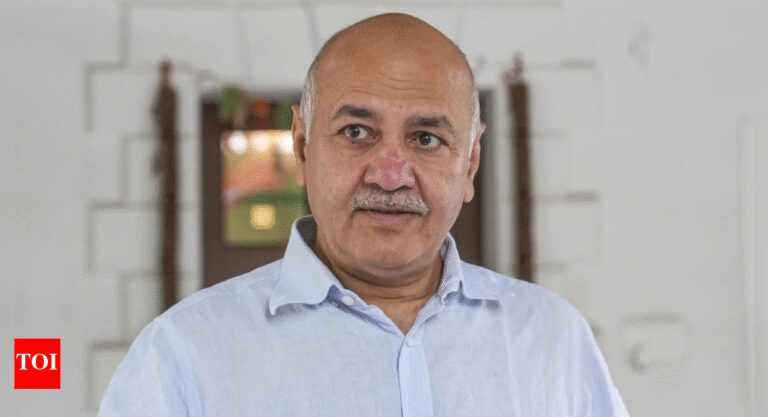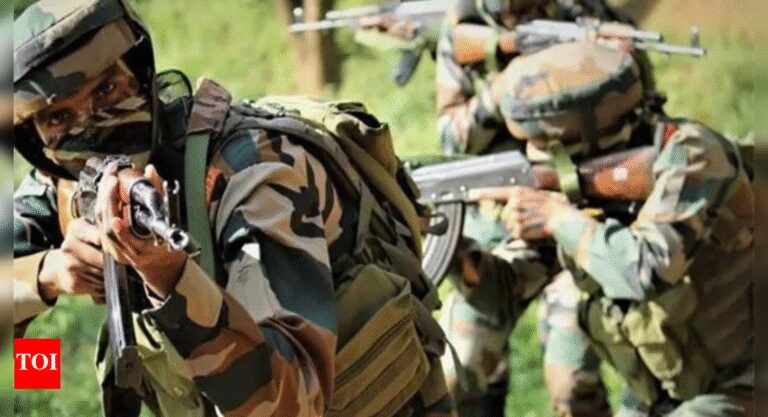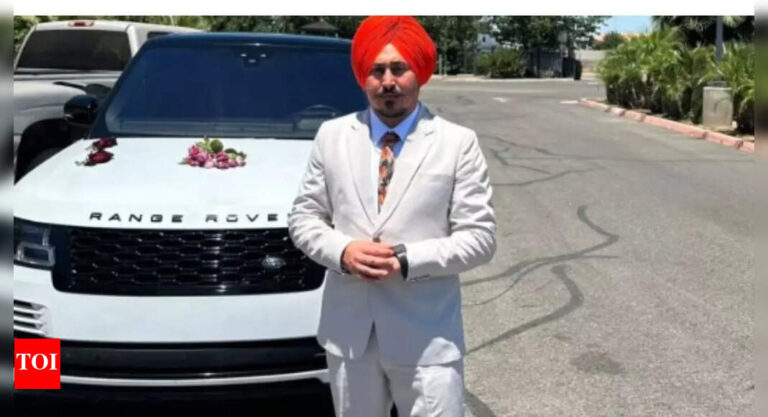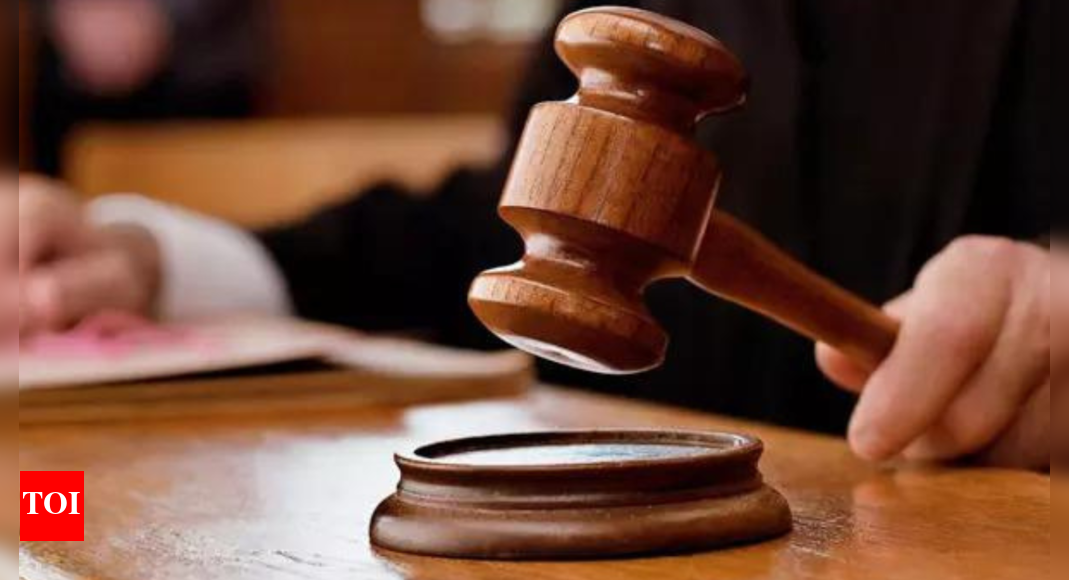
MUMBAI: Special trial judge A K Lahoti, in a key finding that led to the collapse of the Malegaon blast case, held that the prior sanction under the anti-terror law UAPA against the accused was “invalid.” It was issued without judicious application of mind, and the mandatory twin test safeguard required by law was not scrupulously followed, the court said.The judge analysed Section 45 of the Unlawful Activities (Prevention) Act (UAPA), which outlines procedural safeguards. Section 45(1) requires valid sanction from the Centre or state govt to prosecute any terror offence under the Act. Section 45(2) mandates an independent review of the evidence by an authority appointed by the govt. Lt Col Prasad Purohit, through his counsel Shrikant Shivade (who passed away in 2022) and later advocate Viral Babar, had consistently argued that the UAPA sanction was flawed. Other accused also challenged the validity of the Jan 2009 sanction and another issued in 2011 by the additional chief secretary (home). The trial court held both sanctions to be “defective.”While the prosecution claimed it had followed the twin test, the court said there was no evidence it was done as mandated under Section 45(2). “The sanction is not a curable defect. So, all the provisions of UAPA will not be invoked,” the judge ruled.Advocates Ranjeet Sangle (for Sudhakar Dwivedi) and J P Mishra (for Sadhvi Pragya Singh) also argued that the first sanction bypassed the statutory safeguard under Section 45(2), and that the absence of such review invalidated the trial court’s cognisance of UAPA charges.Special public prosecutor Avinash Rasal had contended that the sanction’s validity could only be decided during the trial, a view echoed by the Supreme Court in 2018.However, the special judge reviewed the sanctioning procedure and found that UAPA charges could not be sustained due to the faulty sanction. Shivade had also pointed out that the authority did not comply with the mandatory safeguard of an additional review committee required under law since Dec 31, 2008.The prosecution argued that since the crime occurred in Sept 2008, the earlier 2004 provision-without the second review-was applicable. But the Supreme Court clarified in 2023 that the UAPA’s procedural safeguards during sanction are mandatory.

